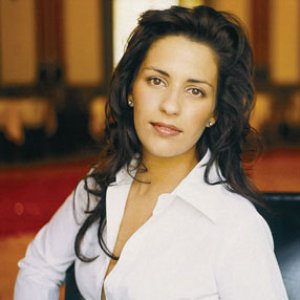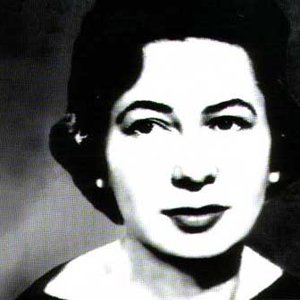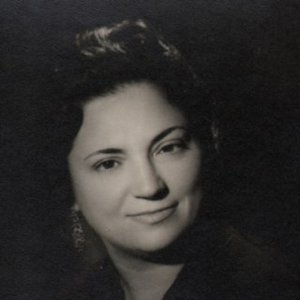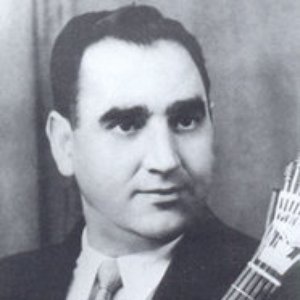Biography
-
Born
18 June 1955 (age 68)
-
Born In
Porto, Porto, Portugal
Mísia is a pseudonym of singer Susana Maria Alfonso de Aguiar (b. 1955, Porto, Portugal). She was the first portuguese singer of the xxth century to bring a revolution to fado, by making it free of its stereotyped form.
Throughout her career, in which it is clearly traced and expressed a deep respect, understanding and humbleness before Fado, Mísia developed a new style: she stripped the Fado off the shawl of the "amalian" type, and adds to the traditional instruments (bass guitar, classical guitar and Portuguese guitar) the sensuality of the accordion and the violin, and borrows from the best Portuguese poets their finest verses. The piano was often used in fado before, and this she also uses.
Her 2003 album "Canto" may be considered her masterpiece. Mixing pieces of the best works of the Portuguese guitarist Carlos Paredes with poems of Vasco Graça Moura (and some of Sérgio Godinho and Pedro Tamen), Mísia has built a piece of music that she would describe as belonging to her "gallery of impossible things". Mísia is also known for covering other artists' songs in a very "fadoish" way. The classic "As time goes by", and some of the songs of Luis Eduardo Aute ("De Alguna Manera", for instance) are some of the examples.
Mísia is a polyglot. Despite singing mostly fado (which is sung in Portuguese), she sings some of her themes in Spanish, French, Catalan or even English. One of the examples is her last album "Drama Box", a collection of tangos, boleros and fados, sung in Portuguese and Spanish. In "Drama Box", Mísia depicts herself as a cabaret dancer living in the "Drama Box Hotel" with her musicians. It's a very personal album, simultaneously a tribute to her mother and a real description of her life: travelling through the world, taking fado everywhere.
In spite of being famous in Portugal, her music has from the beginning been greatly appreciated in foreign countries: France and Japan for example.
Discography
1991 — Mísia
1993 — Fado
1995 — Tanto menos, tanto mais
1998 — Garras dos Sentidos
1999 — Paixões Diagonais
2001 — Ritual
2003 — Canto (music by Carlos Paredes)
2005 — Drama Box
2009 — Ruas
Artist descriptions on Last.fm are editable by everyone. Feel free to contribute!
All user-contributed text on this page is available under the Creative Commons Attribution-ShareAlike License; additional terms may apply.












